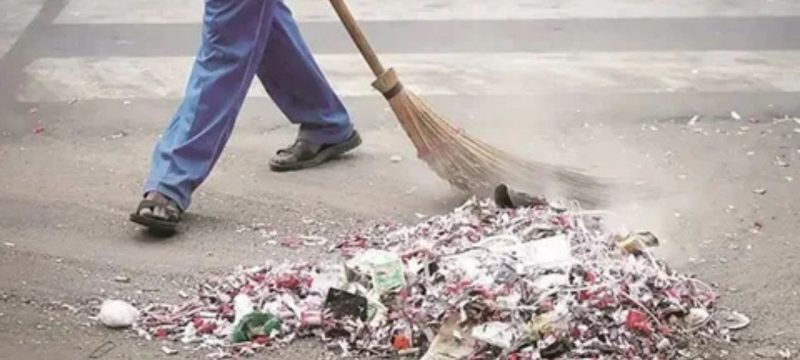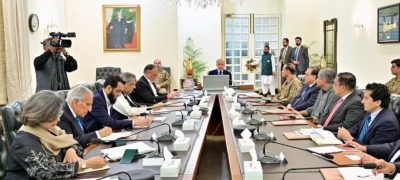Punjab residents will soon be receiving cleanliness bills as part of the provincial government’s efforts to improve waste management services. Starting next week, the bills will be issued to households and businesses across various districts, marking a new phase in how waste collection will be funded and regulated.
According to local authorities, the cleanliness bills will be linked with property and utility details, ensuring that every resident contributes to the upkeep of public sanitation. Officials believe this step will not only enhance revenue for municipal services but also create accountability for waste disposal.
The decision, however, has sparked mixed reactions among citizens. While some agree that proper waste collection requires funding, others are concerned about whether the new system will be implemented fairly and efficiently.
Cleanliness bills and their impact
The cleanliness bills are being introduced to address long-standing challenges in waste management. Poor disposal practices, overflowing garbage points, and inadequate recycling facilities have been persistent problems across Punjab.
Key details shared by officials include:
- Bills will be distributed to households and commercial units starting next week.
- The charges will support waste collection, recycling, and landfill management.
- A monitoring system will be introduced to check if services are being delivered.
- Complaints regarding overcharging or missed collections will be handled through helplines.
This move is expected to streamline the waste collection process, reduce health hazards caused by garbage accumulation, and push residents towards responsible waste management.
Authorities highlighted that the system is already being piloted in Lahore, where sanitation fees are collected to support waste management operations. More information about the initiative can be found here.
Public concerns and expectations
While the government insists the cleanliness bills will ensure a cleaner and healthier environment, many citizens remain skeptical. Concerns include:
- Transparency of where the collected fees will go.
- Whether the charges will be affordable for low-income households.
- If waste management services genuinely improve with the new billing system.
Experts believe that the success of this initiative depends not only on fee collection but also on strict oversight of service providers. Without accountability, they warn, the system could burden residents without delivering real improvements.
As Punjab prepares to roll out the initiative, officials continue to emphasize that a sustainable cleanliness model requires shared responsibility between the government and the people.







